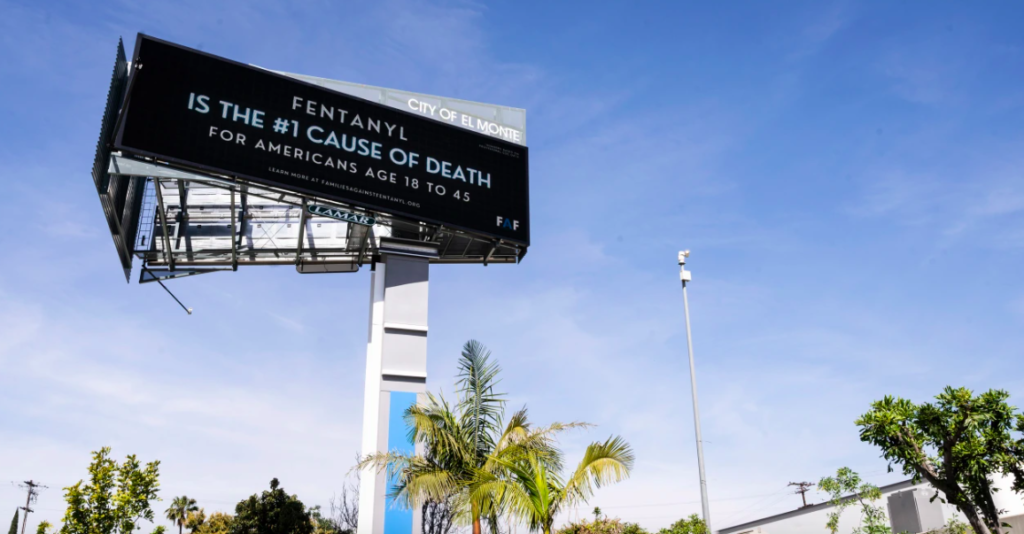
On Thursday, the House of Representatives passed the Halt All Lethal Trafficking of Fentanyl (HALT) Act, a bill that would permanently classify fentanyl-related substances (FRS) as Schedule I drugs and subject them to the toughest federal prison terms and penalties. But while the legislation has been lauded by some for its attempts to combat the illegal trade of these dangerous substances, many Democrats are concerned that it will only worsen the mass incarceration of minority communities.
Under the bill, FRS will be permanently classified on the Scheduled Substances list, which would help expedite research into the substances but also impose harsh criminal penalties for their production and sales. In passing the bill in an 289-133 vote, 132 Democrats voted against it over fears that the law would target minorities.
“The war on drugs from the 1980s only expanded mass incarceration, mostly of Black and Brown folks,” said Representative Sydney Kamlager-Dove, D-Calif. “This legislation will enact ineffective and punitive drug laws that will only work to expand mass incarceration.”
Representative Frank Pallone, D-N.J., echoed these concerns, suggesting that the bill must be “carefully designed” to avoid exacerbating existing problems with the criminal justice system. Despite this opposition from Democratic lawmakers, the HALT Act was ultimately approved.
Organizations such as the Drug Policy Alliance (DPA) have spoken out against the unaddressed issue of mass incarceration, noting that drug offenses continue to constitute the largest single category of arrest offenses and that Black and Latino communities are disproportionately arrested and incarcerated for these offenses. The HALT Act, they say, has the potential to only worsen existing inequities in the criminal justice system.
As lawmakers attempt to combat the illegal fentanyl trade with legislation, they must ensure they’ve taken measures to avoid exacerbating existing problems with mass incarceration. Without such measures, minority communities will continue to bear the brunt of the criminal justice system.